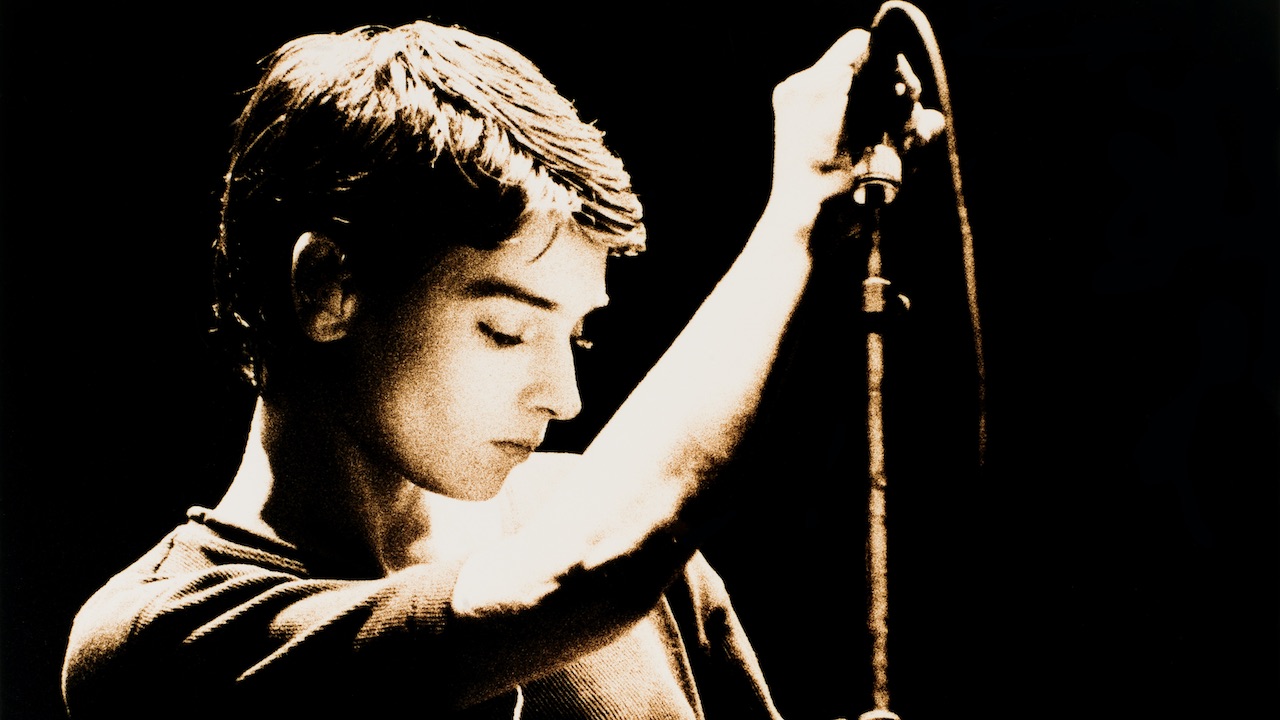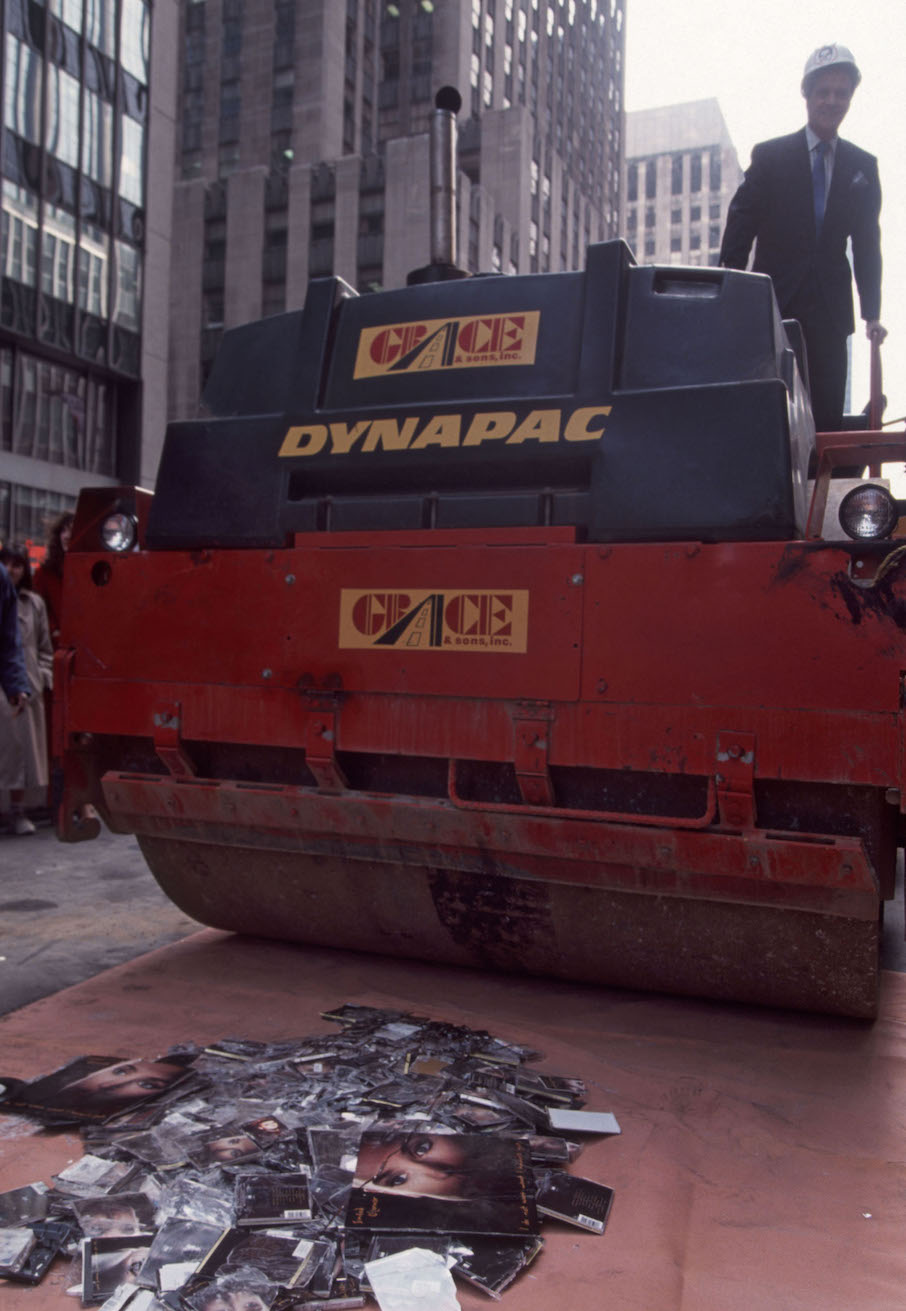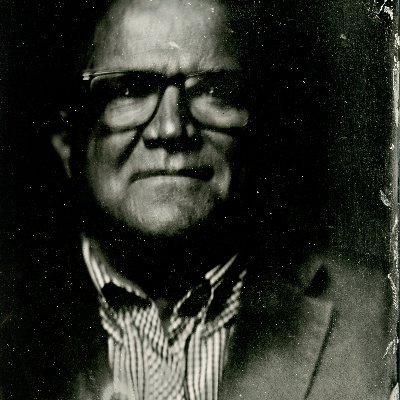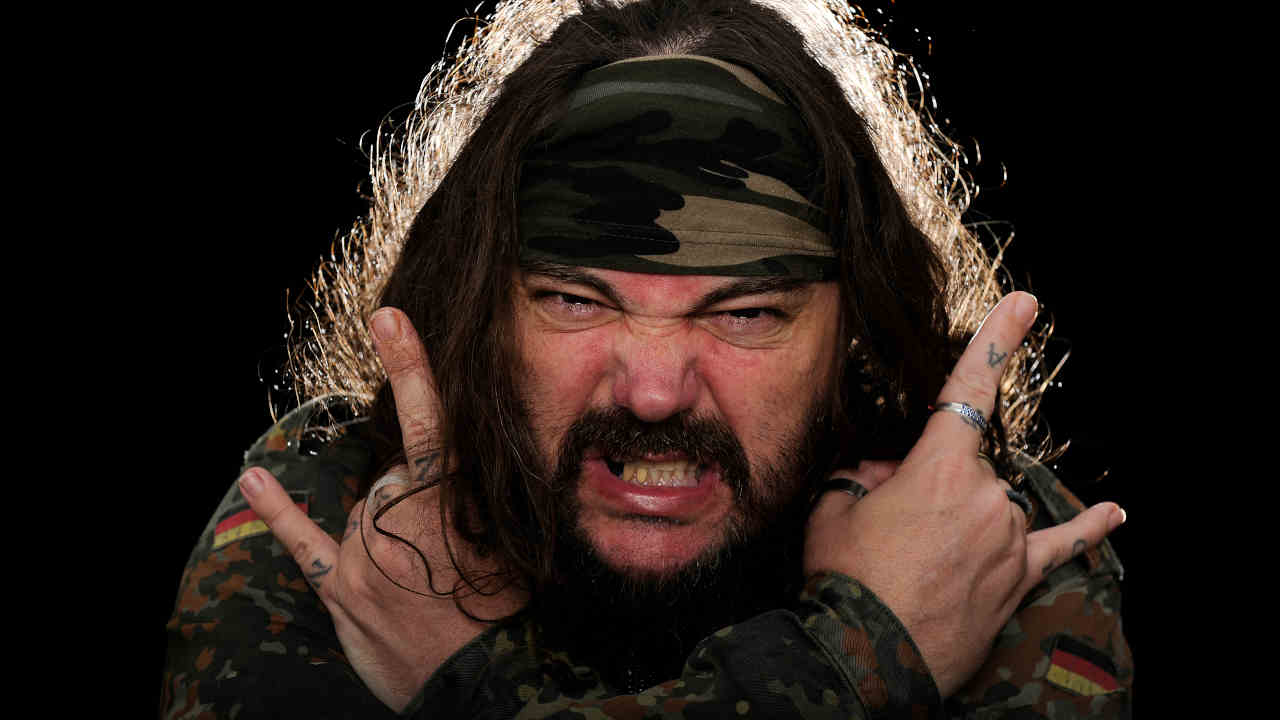"We’re heading somewhere beautiful and peaceful, but it may take some time to get there and there may be some fighting on the way": A tribute to Sinead O'Connor, pop star, protest singer and eternal rebel
Irish music writer Stuart Bailie remembers the Sinéad O’Connor he knew

Select the newsletters you’d like to receive. Then, add your email to sign up.
You are now subscribed
Your newsletter sign-up was successful
Want to add more newsletters?
Sinéad O’Connor had one of the most remarkable voices in popular music. She could bring it down to a slow whisper and audiences would be rapt. Her speciality was the lament, but she also channeled the friction and fury of hip-hop music and the Irish rebel tradition, and could sing a Christmas tune like Silent Night and make you believe.You were never sure what you would hear and when it might arrive, but Sinéad had the capacity to lift the listener right out of their skin.
She grabbed the attention of the western world in 1990 when she released her version of the Prince song, Nothing Compares 2 U. The author wrote it for his protégées The Family but Sinéad got inside the threads of the song and made a classic. She sang about the vacancy after an epic break-up. The doctor tried to prescribe a dose of fun, but the singer didn’t care for a tonic. The flowers in the back yard were dying of neglect. Everything was broken.
Then she made a video for the song with director John Maybury and cried actual tears as she sang. The camera was tightly framed on her face, fine-boned like Audrey Hepburn. Her hair had been shorn for many years but this was the first impression for millions of MTV viewers. Sinéad ruled the music channel for months and the song was an unavoidable radio fixture. It spent four weeks at the top of the Billboard 200 chart, four weeks at number one in the UK, and topped the singles chart in Ireland, Australia, Germany, Canada, Mexico, New Zealand and elsewhere. When she finally met Prince, sometime after the fact, he chided her for using swear words in interviews.
“I don’t work for you,” Sinéad responded. “If you don’t like it, you can fuck yourself.”
That Sinéad was entirely capable of standing on her own two feet was backed up by her second album, I Do Not Want What I Haven’t Got, released in March 1990, which went on to sell over seven million copies worldwide. Featuring contributions from former Smiths bassist Andy Rourke, former Adam and The Ants guitarist Marco Pirroni, and ex-PiL bassist Jah Wobble, it found Sinéad singing about reproductive issues (Three Babies), racism in Britain under Margaret Thatcher (Black Boys on Mopeds) and splintering relationships (The Last Day of Our Acquaintance, The Emperor's New Clothes), mixing vulnerability with fearlessness.
“There's millions of people who offer advice and say how I should be,” she sang on the latter track. "But they're twisted and they will never be any influence on me... I will live by my own policies, I will sleep with a clear conscience, I will sleep in peace.”
One of the album highlights was I Am Stretched on Your Grave, which combined the Irish sean-nós tradition of unaccompanied singing with a breakbeat taken from the James Brown record, Funky Drummer. This was pioneering work from an artist who was an avowed fan of Public Enemy and who was working with hip-hop artists like MC Lyte.
But Sinéad was not just concerned with artistic change. She had grown up in a dysfunctional family in Dublin. Her life had been conditioned by the Catholic church and its control over the Irish State. Unmarried mothers had been locked away in a system known as the Magdalene Laundries. The divorce laws were repressive. Sinéad herself had lived in the care system. She was going to challenge it.
She picked her moment on Saturday Night Live in 1992, tearing up a photograph of Pope John Paul II on primetime TV and declaring, “fight the real enemy”. She had already upset Conservative America by denying the playing of the US anthem ahead of a gig in New Jersey in 1990, leading Frank Sinatra to say he wanted to “kick her ass”. Presenting SNL the following week, comedian Joe Pesci said, “She was very lucky it wasn't my show: because it it was my show, I would have gave her such a smack." On the streets of Manhattan, someone hired a steamroller to crush her records.

I saw her two weeks after her Saturday Night Live appearance, at Madison Square Garden, New York, on October 16, 1992. The night was a celebration of Bob Dylan, featuring Lou Reed, Neil Young, Pearl Jam, Tom Petty, Stevie Wonder, The Band, Johnny Cash and others, to mark Bob’s 30 years as a recording artist.
Sinéad was due to sing I Believe in You, from Dylan’s Slow Train Coming album. The band started the song twice, a gentle declaration of faith. But the audience booed them down. The Sixties generation had clearly become reactionary. A few cheered but it was an intimidating mess.
So Sinéad faced down the audience and decided to perform a Bob Marley song, War. This had been based on a speech from Emperor Haile Selassie I to the United Nations in 1963. The message was that racism was systemic and it created global stress. She sang the words and meant every one of them. She was howling, apoplectic. It was one of the most rock and roll moments, ever.
I first met her in London in 1987 when she released her debut single Troy. The song alluded to her dead mother, who had struggled with mental health issues and had apparently abused Sinéad as a child. The lyric also borrowed from a WB Yeats poem, No Second Troy.
This was primal, intuitive music. She explained her method with some pride.
“It's all because I'm a musical idiot,” she said. “I couldn't play a chord of D if my life depended on it. I'm not musically educated — I find it quite difficult to write music. That's why there are only two chords on Troy, because those were about the only chords I knew, which I'm pleased with. I prefer the simplicity of it, and I'm not embarrassed about it.”
Likewise, she was proud of the emotional extremes on her debut album, The Lion and the Cobra, which resonated with Bible quotes, Rastafarian thought and the voice of a lesbian in Amsterdam (Just Call Me Joe).
“I think it's because of the extremes in my own personality — because I am a very moody person. I have this theory that everyone is a schizophrenic, and that's why the album is the way it is. I don't ever just get up and write a song — I write slowly because I have to get into a mood, and therefore each song is one of my different moods, man! At the time of writing I was angry and traumatised and very sort of... fucked up, basically.”
I met a very different Sinéad five days after her experience at Madison Square Garden. She was understandably disturbed about the audience reaction. She was talking about a global reset, about abolishing money.
“That night was proof to me that the music business is dead as a means of communicating artistic expression. ’Cos they didn’t get it. And if they didn’t get Bob Dylan, they’re not gonna get anything. The figurehead fell asleep so the rest of us are fucked.
The latest news, features and interviews direct to your inbox, from the global home of alternative music.
“We don’t get our records played. They play MC Hammer but they won’t play Ice Cube. They play Belinda Carlisle but they won’t play Sinead O’Connor. That’s the way it goes. There’s no point trying to do it that way.”
Certainly, her music profile diminished afterwards, despite impressive albums like Universal Mother (1994) - which featured a stunning cover of Nirvana's All Apologies - and Faith and Courage (2000). The voice was ever-amazing but the industry spend and marketing ambitions tapered off. She was also vocal about her own mental health issues and in 2007 she talked of her bipolar diagnosis.
I last spoke to Sinead in 2020, just as she was releasing a cover of the gospel song, Trouble of the World. She talked keenly about spiritual artists like Mahalia Jackson, Sam Cooke and Curtis Mayfield. She had been recording parts of an album in Belfast with the producer-composer David Holmes. The unpolished recordings were stunning. She seemed optimistic.
“I think that we’re heading somewhere very good as a human race. It’s birth pangs. It’s very painful being born. But at the end you get a beautiful baby. I think we’re heading somewhere beautiful and peaceful obviously, but it may take some time to get there and there may be some fighting on the way there, you know. It’s why I wanted to reintroduce Mahalia and artists like that. They embody the certainty that we’re gonna end up living peacefully together.”
She was dimly aware of her swelling influence and was grateful to artists like Kathleen Hanna from Bikini Kill, who was pushing for this re-evaluation. But only to a point.
“You know this is a crime and I should be jailed for it,” she said, “but I’ve got older and I’ve stopped listening to music, other than Hindu chants or Islamic chants. Which is really awful... I’m completely fucking out of the loop on everything. I need to be dragged into a room and forced to listen to everything.”
Sinead was found dead in London yesterday, July 26. Her life had become more distressed after the suicide of her son Shane in 2022. A final message on social media alluded to this.
Her passing comes at a time when the narrative has changed significantly. It is now accepted that that she was right (and justifiably righteous) on so many of the issues that she was being derided for. Sinéad is now held up as a catalytic force, a change-maker. Belfast film-maker Kathryn Ferguson's 2022 documentary, Nothing Compares, serves to underline this prescient energy.
So now the voice chides us, just as it inspires us.
Back in 1991 I spoke to Sinéad about Irish mythology, in particular the Children of Lir. They had been turned into swans and had endured 900 years of loneliness and distress. There was only one consolation.
“The songs that they sung because of the tragedy," Sinéad said, "were the most beautiful in Ireland. The loss is terrible, but the expression of it is beautiful."
Sinéad O'Connor
December 8, 1966 - July 26, 2023
Stuart Bailie is a journalist and broadcaster based in Belfast. He is the editor of the quarterly Dig With It magazine, and his work has appeared in NME, Mojo, Uncut, Q, The Times, The Sunday Times, The Mirror, The Irish Times, Classic Rock and Hot Press. He was Assistant Editor of NME from 1992 to 1996 and is the author of Philip Lynott: The Ballad of the Thin Man, Trouble Songs: Music and Conflict In Northern Ireland, and 75 Van Songs: Into the Van Morrison Songbook.

